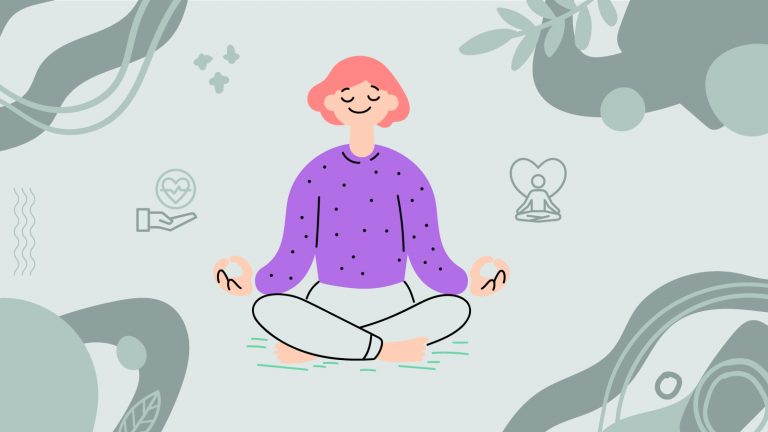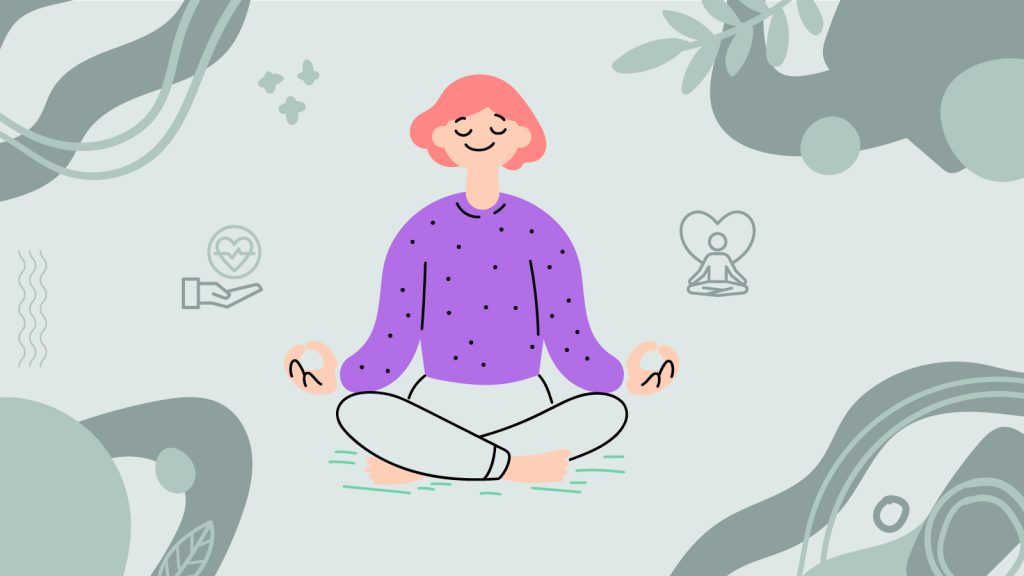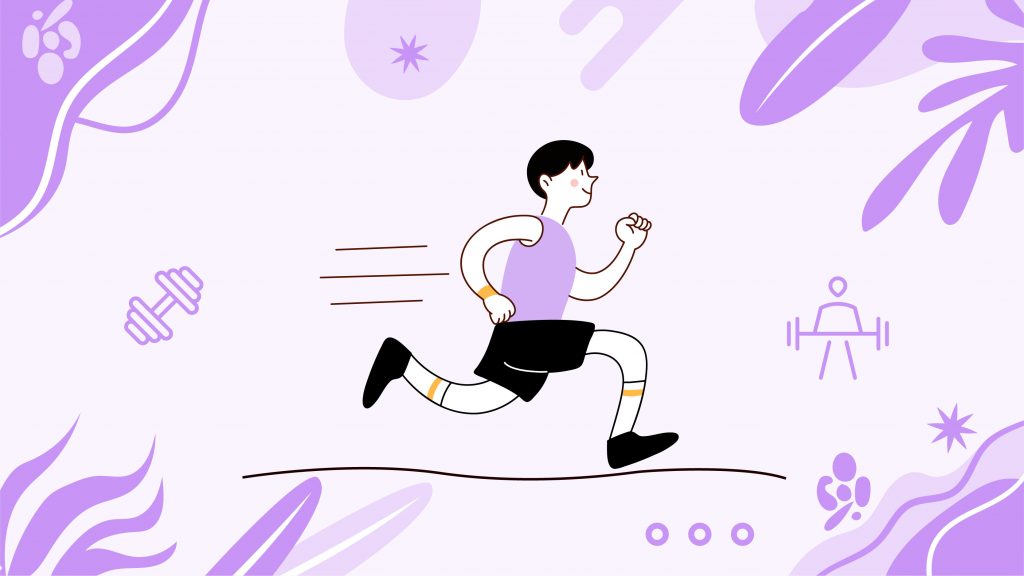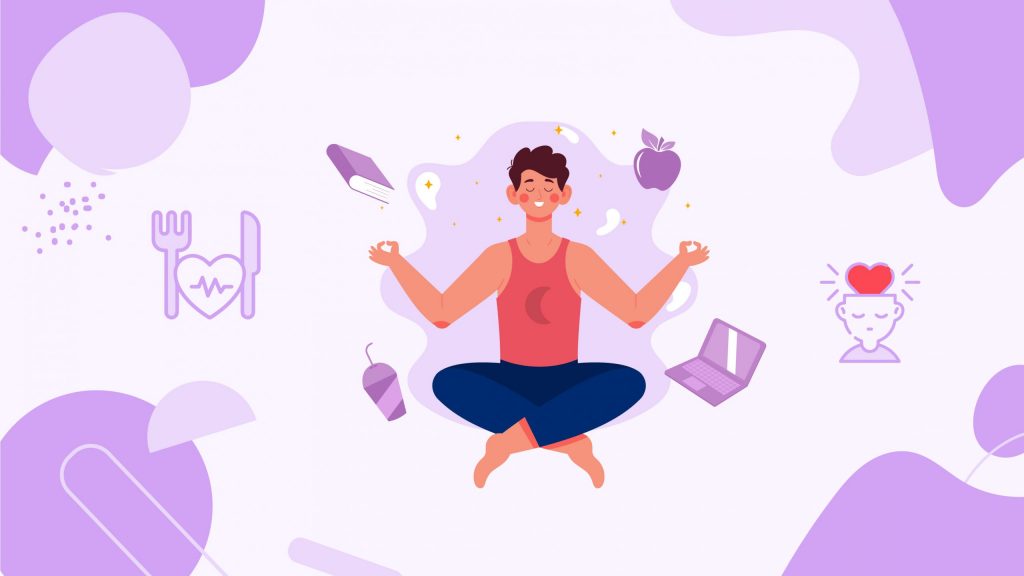“Lost in the chaos, chasing shadows of the mind; grasping for peace, but clarity is hard to find.”
Have you ever felt lost, questioning what you’re doing with your life and why? Everything seems meaningless, and you’re just going through the routine because you feel like you have to.
That’s exactly why! You’re doing it because you feel like you have to.
But what would happen if you did not “have to” do it? What if you did it because you actually enjoy it, and it makes your life more meaningful?
Now, the real question is: How can you restore fulfillment and joy in your life? How can you break free from the mental trap that makes your life feel like a series of tasks?
Does this sound like something that you really want to do?
If yes, then you are in the right place! Mindfulness can help you reconnect with what truly matters and transform your life into something fulfilling.
Let’s dive into how mindfulness works and how it can reshape your world!
Importance of Mindfulness
We live in a world where finding a moment of peace can be challenging, and understanding how to practice mindfulness plays an essential role in creating a peaceful mind and healthy body.
You are constantly engaged in your daily tasks, project deadlines, and responsibilities, which often makes you feel stressed and overwhelmed. Practicing mindfulness in the middle of all these things allows you to pause, reconnect with the present, and bring a sense of calmness.
Research shows that one in four people feel anxious or stressed without even knowing the root cause. Mindfulness can play a crucial role in these situations.
🎭 Mindful Question
How often do you feel stressed without knowing why? What would happen if you paused right now and observed those feelings without judgment?
With mindfulness, you can observe your thoughts without judgment, which will help you better process your emotions.
Incorporating mindfulness into your daily life will help you handle stress and anxiety and improve your negative emotions.
The benefits of mindfulness include enhanced focus, better decision-making, and the ability to connect deeply with your surroundings.
Science Behind Mindfulness
The science of mindfulness is fascinating and effective. Including mindfulness meditation in your routine will help activate the prefrontal cortex, your brain’s region responsible for decision-making and emotional control.
Mindfulness calms the amygdala, which controls fear and stress. Its special interaction between different parts of your brain helps you stay relaxed and reduces anxiety and stress levels when practiced regularly.
🎭 Fun Fact
Regular mindfulness practice leads to an increase in grey matter, enhancing areas of the brain involved in memory, learning, and emotional regulation.
Studies have found that people who practice mindfulness regularly experience a structural change in their brain, particularly increased grey matter in areas related to memory, learning, and emotional regulation.
This neuroplasticity shows that mindfulness can lead to long-term positive changes in brain function, making you better equipped to handle life’s challenges.
Science Behind Mindfulness
Do not treat mindfulness practice as another task on your to-do list that takes up your time. Small practice sessions at a time can bring about significant changes in your mindset and health.
Here are some of the simple yet effective mindfulness exercises that you can try every day:
#1: Mindful Breathing
Mindful breathing is one of the easiest ways to start practicing mindfulness. You just have to take a few minutes daily to focus on breathing. Start by taking deep breaths, feeling the sensations of air flowing in and out of your body. Practicing mindful breathing will help you stay grounded, reduce stress, and clear your mind.
#2: Body Scan Meditation
Another technique for practicing mindfulness involves slowly paying attention to different parts of your body, starting with your toes and moving up to your head. You must notice any sensation or tension you feel in your body without any judgment. Body scan meditation helps you reconnect with your physical self, reducing any stress or discomfort you might be feeling.
#3: Mindful Eating
Mindful eating is another great way to connect your mind and body to your meals. It involves focusing on the flavors, textures and smells of your food. Practicing mindful eating encourages you to slow down and appreciate each bite, making your eating experience more enjoyable and nourishing.
#4: Gratitude Journaling
Writing a gratitude journal is one of the most effective and powerful methods of practicing mindfulness. Take a few minutes of your day, preferably right before bed, to reflect on three things you are grateful for. Writing down things you are grateful for in your life, even small things, helps you shift your focus from daily stress to what truly matters.
#5: Mindful Walking
Mindful walking plays an important role in clearing your mind and reconnecting you with the present moment. When you take a walk next time, pay attention to your steps. Observe how your feet connect with the ground, the movement of your body, and the rhythm of your breath. It will help to keep unnecessary thoughts away and bring peace and relaxation, allowing you to stay in the present completely.
Bonus Point
Even just a few minutes of mindfulness practice each day can lead to lasting improvements in your mental clarity, emotional resilience, and overall well-being.
By incorporating these daily mindfulness practices, you can gradually develop a calmer, more focused mind, making each day feel more purposeful and balanced.
Strategies to Overcome Common Challenges in Practicing Mindfulness
When you start practicing mindfulness and include it in your daily life, it is normal to encounter a few challenges along the way. Your mindfulness journey, like any other, requires your time and patience.
Here are some of the effective mindfulness techniques for beginners that will help you overcome the common challenges:
#1: Distractions
One of the most common challenges as a beginner you might encounter is distraction. When you are practicing mindfulness, your mind might drift to other incomplete tasks, work, or random thoughts. Do not get frustrated; instead, acknowledge the distraction and bring your attention back to the present moment. Over time, this practice will help you improve your focus and mental clarity.
#2: Restlessness
In the beginning days of practicing mindfulness, it is natural to feel restless. You might find it hard to keep your mind and body still. To overcome restlessness, you can start with small sessions, like five minutes daily, and then gradually increase the number of sessions. You will notice decreased restlessness and feel more relaxed in the moment.
#3: Doubts
Another big challenge you might face is feeling unsure if the mindfulness process is working. But you must understand that mindfulness is not about achieving a specific outcome but about embracing the journey. You have to trust the process, and with time, you will see a positive change in your life with increased focus, emotional balance, and resilience.
🎭 Mindful Thought
Every distraction, moment of restlessness, or doubt is an opportunity to practice patience and self-compassion. Mindfulness isn’t about perfection; it’s about showing up and embracing each moment as it is.
Addressing these common challenges can make mindfulness a sustainable and rewarding part of your daily life.
Conclusion
Practicing mindfulness is not a one-time event; it is a lifelong journey that will keep you focused in the present and help you build a better future.
Incorporating mindfulness into your daily life not only helps reduce stress but also enhances your overall well-being. You can include mindfulness exercises such as mindful breathing, body scan meditation, or gratitude journaling in your routine to promote relaxation and boost your mental and physical strength.
Let’s start practicing mindfulness for lasting peace and personal growth and bring the change today!
“Breathing freely, finding the peace within; thoughts settle gently, and true happiness begins.”
5-Minute Mindfulness Reset Activity
Feeling overwhelmed? Take just 5 minutes to reset your mind and bring yourself back to the present moment. Follow these simple steps:
- Find a Quiet Space: Sit or stand in a comfortable position where you won’t be disturbed.
- Focus on Your Breathing: Close your eyes and take deep, slow breaths. Inhale for 4 seconds, hold for 2 seconds and exhale for 6 seconds.
- Body Scan: Gently bring your attention to your body. Start from your toes and slowly move up, noticing any tension or sensations.
- Acknowledge Your Thoughts: Let any thoughts pass by without judgment. Simply observe them and bring your focus back to your breath.
- End with Gratitude: Take a moment to reflect on one thing you’re grateful for today.
This short reset helps you regain clarity and focus, making it easier to tackle whatever comes next.






















[…] Adding these mindfulness practices to your daily routine can bring big mental health benefits. It helps you grow personally and find peace. For more on mindfulness, check out this insightful resource. […]